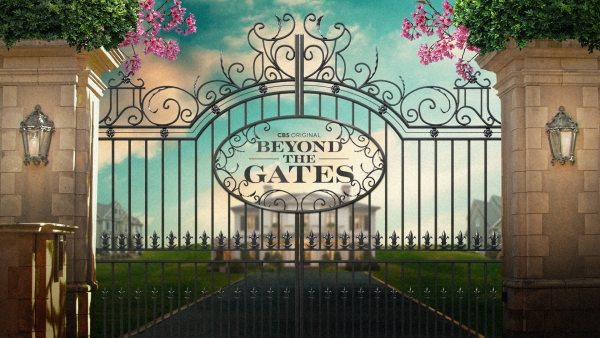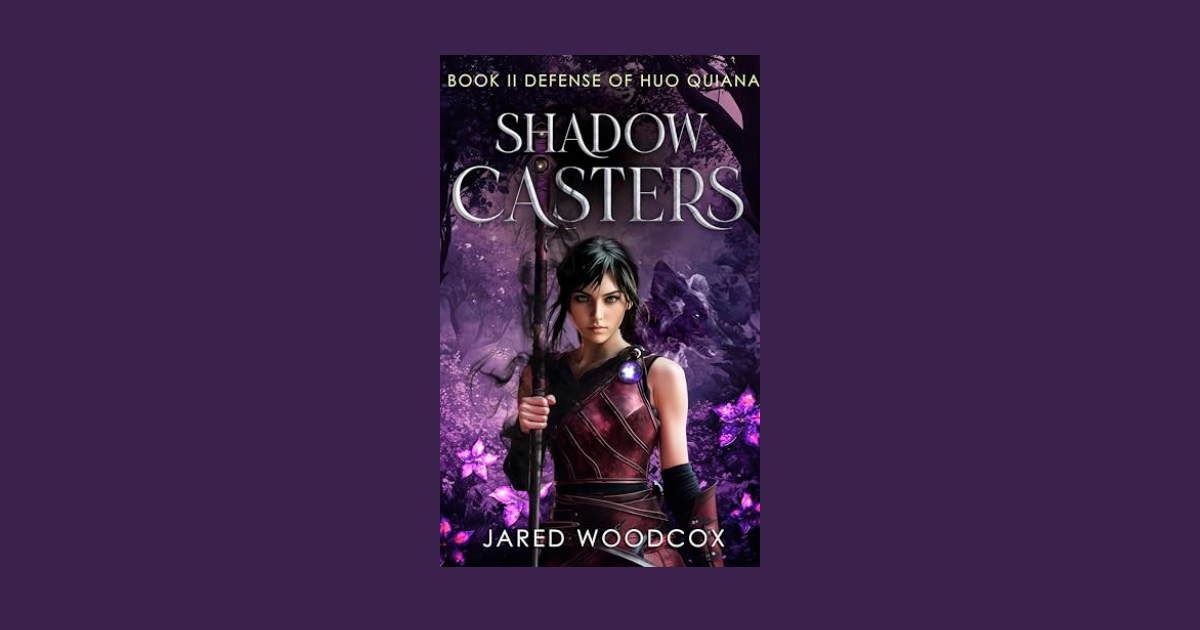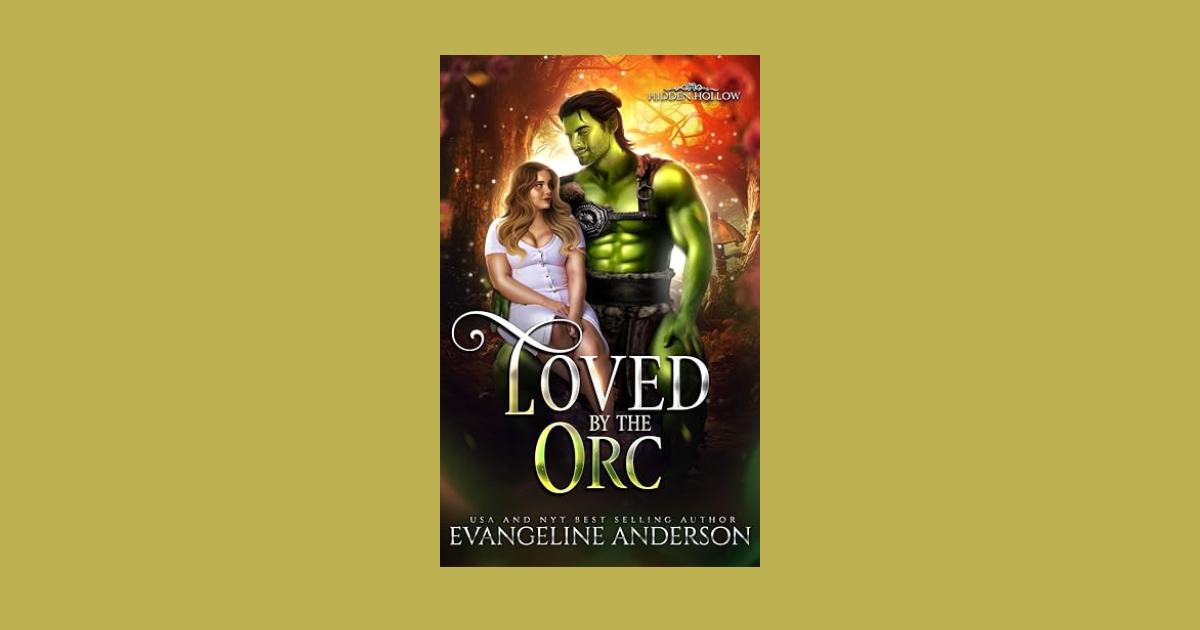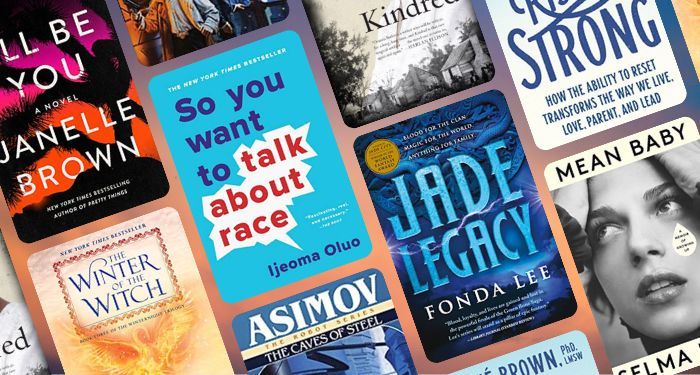Bologne’s talent and charisma helped him ascend to the loftiest echelons of the royal court. But his background as the son of a plantation owner and a slave meant that he could never truly belong. Over the past 200-plus years, Bologne’s life story and impressive body of work have been buried and lost to time; “Chevalier” remedies that.
Harrison has a consistently thrilling presence as the film’s cocky but conflicted central figure, and the production values are lushly appealing. But the movie about this inspiring individual doesn’t achieve his heights of daring or innovation. Director Stephen Williams, a longtime television veteran, and screenwriter Stefani Robinson (“Atlanta,” “What We Do in the Shadows”) have crafted a solid and handsome portrait that’s also frustratingly conventional in its structure and tone.
“You must be excellent,” Joseph’s father (Jim High) informs him before unceremoniously dumping him as a child at a fancy French school from his home on the Caribbean colony of Guadeloupe. Working with cinematographer Jess Hall, Williams indicates the loneliness and isolation Joseph will go on to experience during his lifetime through empty hallways filled with unforgiving light.
The fact that he’s handsome, charming, and a wondrous musical prodigy eventually makes him appealing to the rich and powerful, including his bestie, Marie Antoinette (a sharp and playful Lucy Boynton), who bestows him with his title. These traits also draw the attention of the extremely married—and extremely white—opera singer Marie-Josephine. Samara Weaving gives an engaging performance as a quick-witted smart-ass who dares to think for herself—but only for so long. She’s still forced to be subordinate to her older, humorless husband (Marton Csokas), a general who doesn’t see the point in artistic pursuits.
But just as the chevalier strives toward the most prestigious gig in France—conductor of the Paris Opera—his newly freed mother arrives to remind him of where he came from and who he truly is. Ronke Adekoluejo brings a necessary grounding to these frothy proceedings, as well as wisdom and warmth. As Joseph sets aside his powdered wig and allows his mother to cornrow his hair, it’s clear that he’ll reclaim the cultural heritage he’s long tried to suppress to be accepted. But we need to see him undergo that transformation, and Harrison provides authenticity every step of the way. And while Harrison and Weaving have a sparky chemistry with each other, which Williams sometimes depicts through swoony, fluid montages, we know this romance can’t withstand these times.












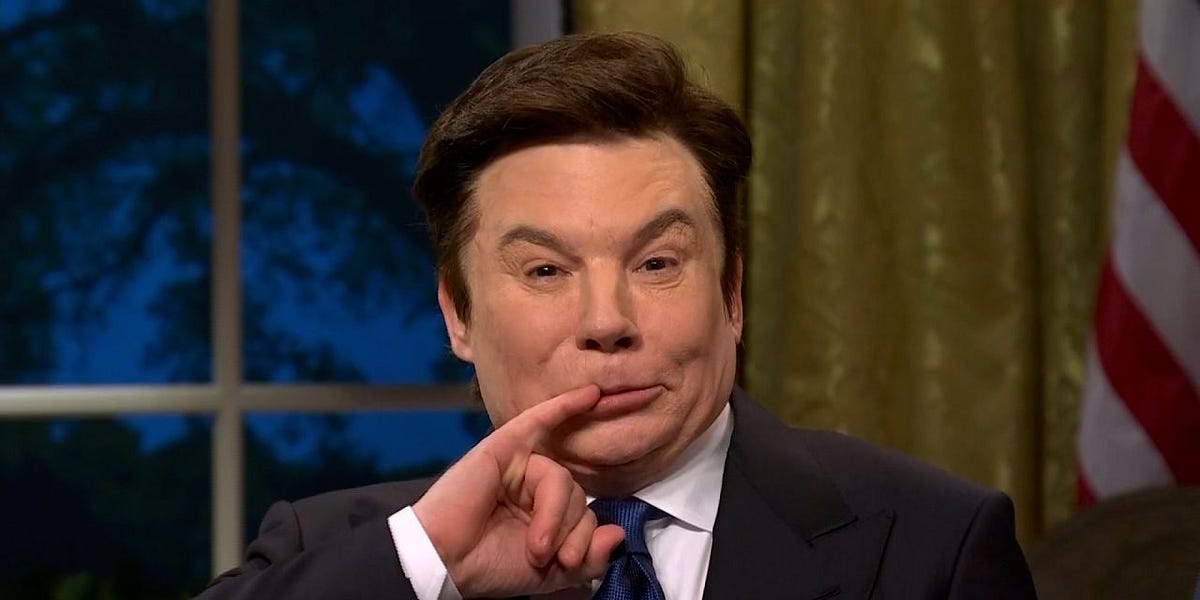



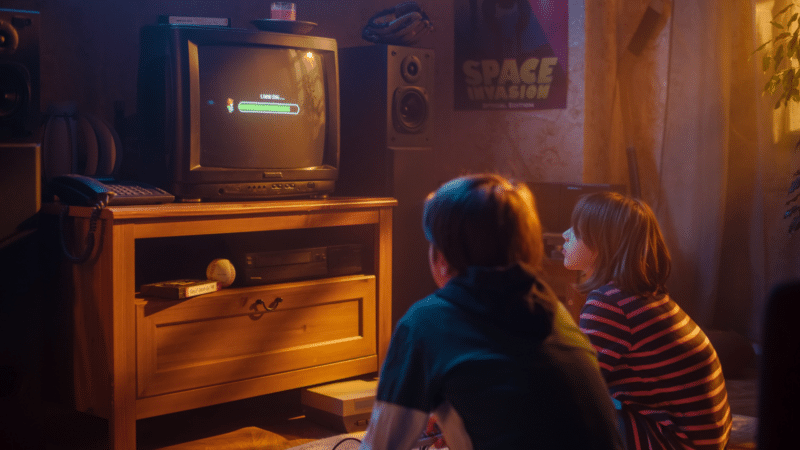






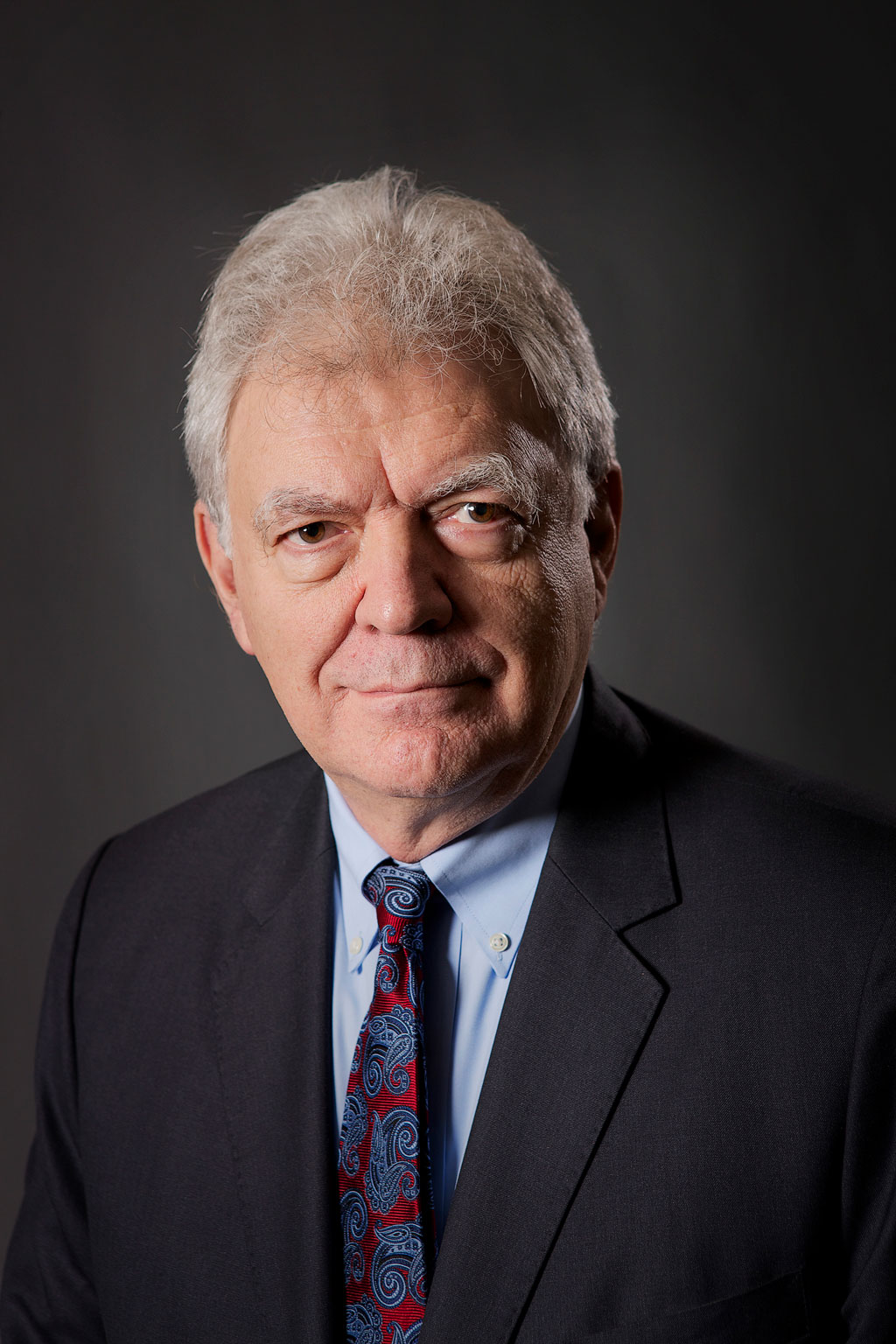


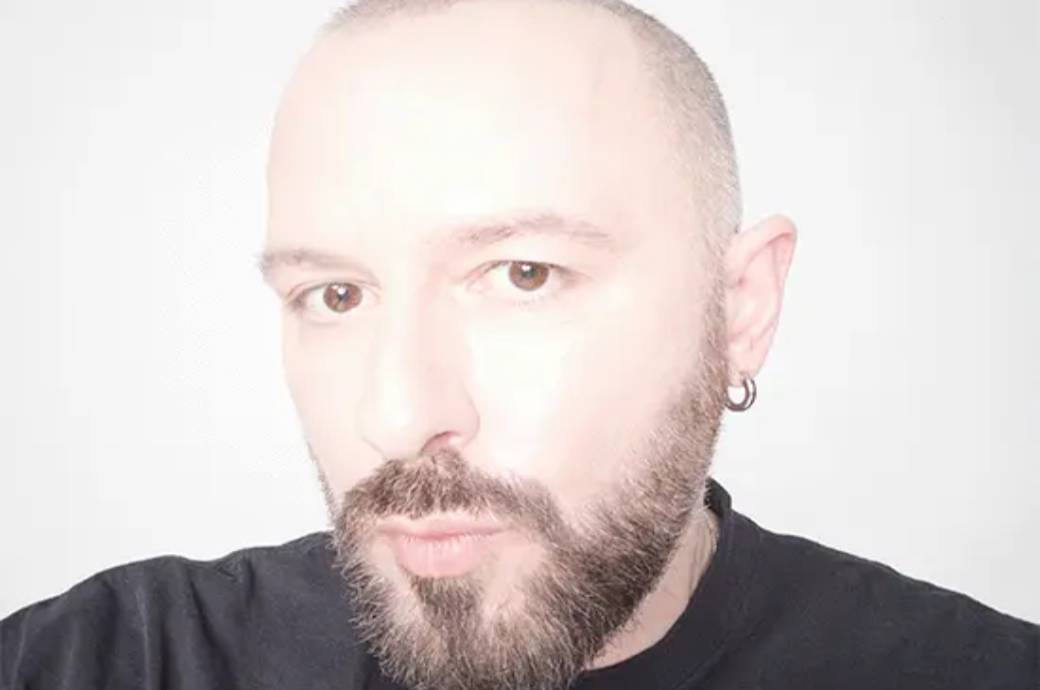
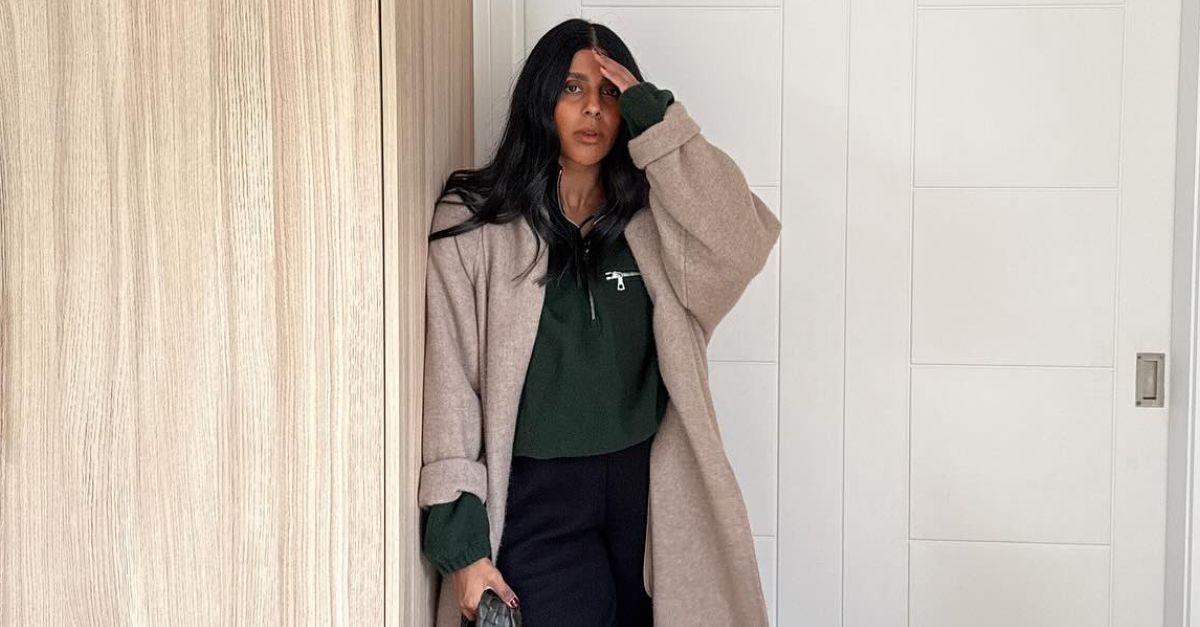










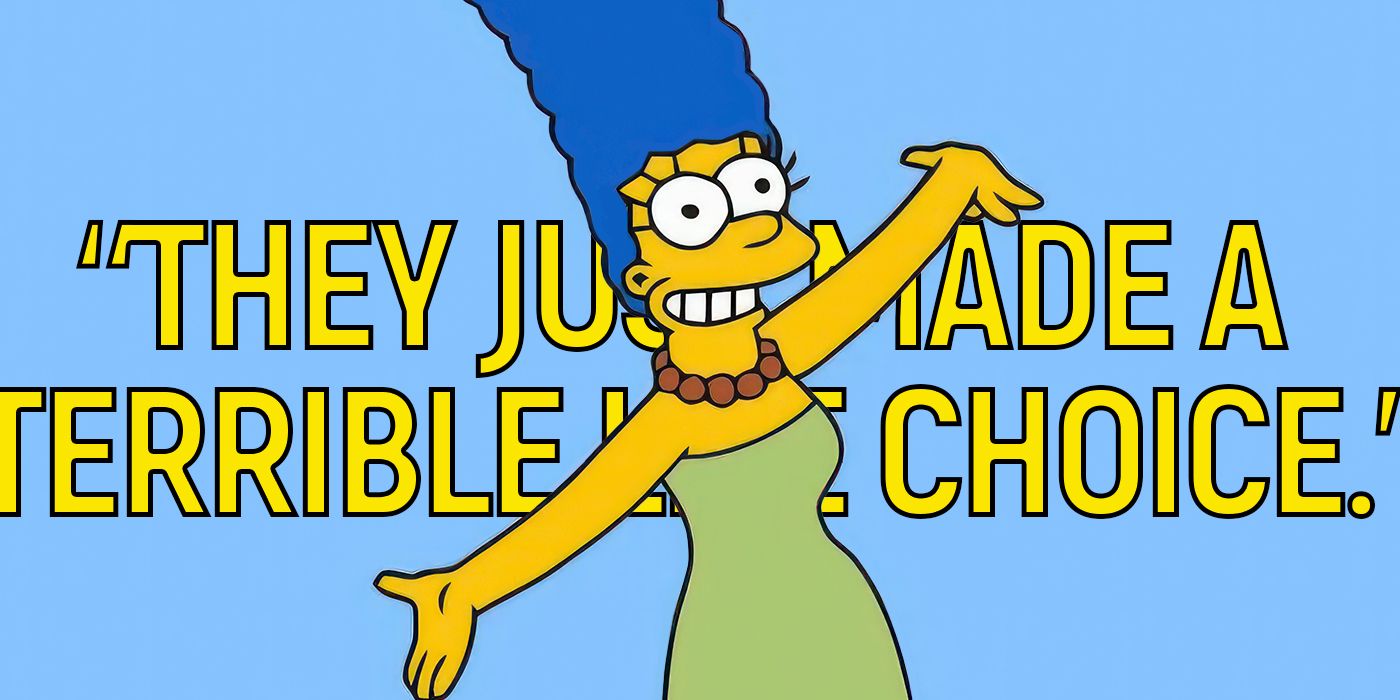


![Spider-Man Is Back in Black With the Green Goblin in New Funko Pop! Figures [Exclusive] Spider-Man Is Back in Black With the Green Goblin in New Funko Pop! Figures [Exclusive]](https://static1.colliderimages.com/wordpress/wp-content/uploads/2025/03/spider-man-the-animated-series-green-goblin.jpg)


